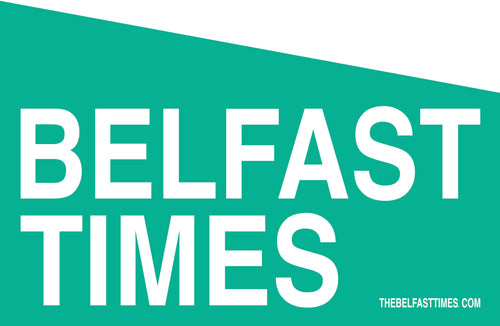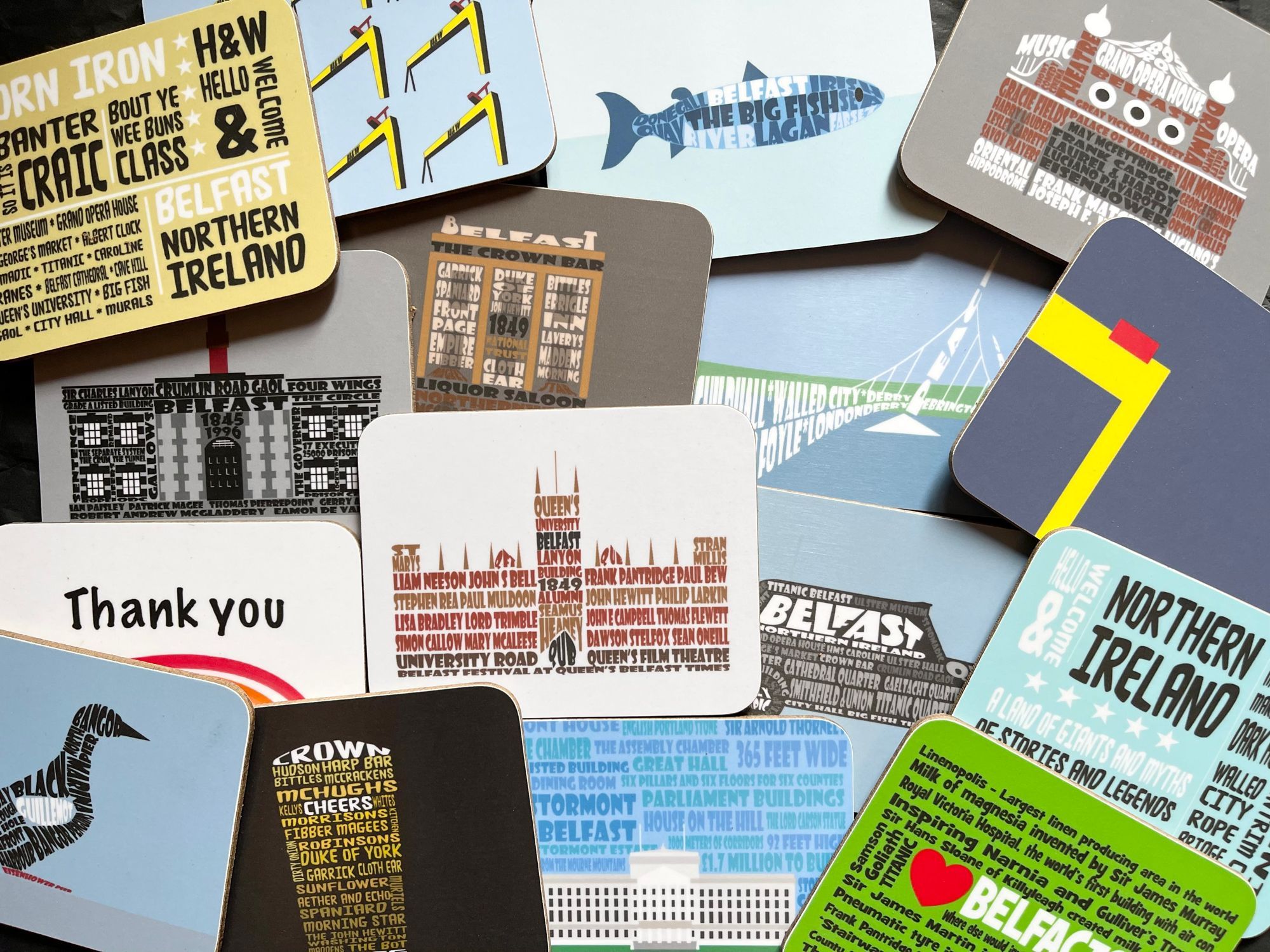The Lyric Theatre was buzzing at the launch of this year’s 17th proud Outburst arts festival. The creativity has spread and now Outbursts have popped up all over the globe, including in Kathmandu, as director Ruth McCarthy noted in a warm speech.
Then we got the premiere of The Headless Soldier by Conor Mithcell, performed by his Belfast Ensemble. And this is serious music, set to texts by Mitchell’s long time collaborator and playwright Mark Ravenhill which were originally performed in London at The Royal Court and elsewhere. . There was a health warning before the new opera which we needed as this no holds barred examination of war and prejudice showed just where we are in the human condition, ie not a good place. Starting with a magnificently sung female role, modern woman if you like, who in mezzo Sarah Richmond’s hands is not likable but utterly relatable. We hear her outline her IBS in pretty, Brittenish melismatic writing. She favours raspberry and cranberries in juice, a pretty rare libretto but this disconnect indicates Mitchell’s subject matter, the dissonance of our times. I asked Mitchell why the Outburst Festival matters and he said: “I think it’s massively important that queer people and gay people have their space in the city, and are represented in the arts. It’s also vital that queer audiences feel that they have somewhere to go for work that is made just for them and by them, that encourages audiences to blend straight, gay and trans, in other words a safe space!”
Later we learn what the woman’s beef is, namely her father in law whom she attacks viciously. He’s a Jew she spits out, the bigotry made more horrific as we saw the libretto mainly spelt out on the backdrop. Topicality was the order of the day and we did eventually see film footage of the news coverage of events in Gaza and Israel. Yet it is a more universal work than this suggests, with Mitchell exploring the otherness of various people, not just the gay community.
The third section of this three part opera (surely not a triptych which is a visual art term) was amazing – harrowing yet musically beautiful. I was reminded of Benjamin Britten’s The Turn of the Screw, about childhood ruined, as we saw the boy (excellent Shea McDonnell) confront and in a way entertain his nightmare, the bloodied and eponymous headless soldier (scary Christopher Cull). Spotted on screen via the TV news, yet carried on in the subconscious via nightmares. It was nightmarish, too, and beautifully scored and sung by Cull. In a way, this was The Headless Soldier’s theme, that we are living a waking bad dream via our access to the daily horrors of our world and cannot easily process them. As the woman Helen wails “I want us – you. me Zachary – to build a wall against the world!, But of course we can’t.
Talking to Mitchell, he revealed how The Headless Soldier came about. How did the Headless Soldier come about? !It came about because Mark Ravenhill is a long-term collaborator and I have loved this text since I saw the original play versions of them at the Royal Court and National Theatre. I’ve wanted to set them now for 15 years, musically it is one of the more dissonant pieces I’ve ever written but I think it dances between a lot of styles; horror, formalism, a lot of out of tune and tuneful music.” He added that the musical influences include “the hHorror music of Bernard Herrman, really fascinated by Benjamin Britten’s The Turn of the Screw and I think there’s a lot of John Adams minimalism in some of the pieces.”
While the middle section didn’t work so well for me, with Thomas the husband not so clear vocally or quite so engaging, overall The Headless Soldier is an important new work that indicates how opera, however melismatic, however decorative, can address the grittiest topics of the age. I hope it is revived soon.
Jane Hardy


